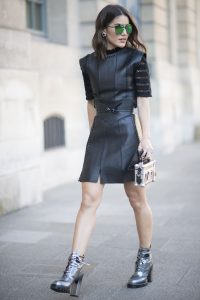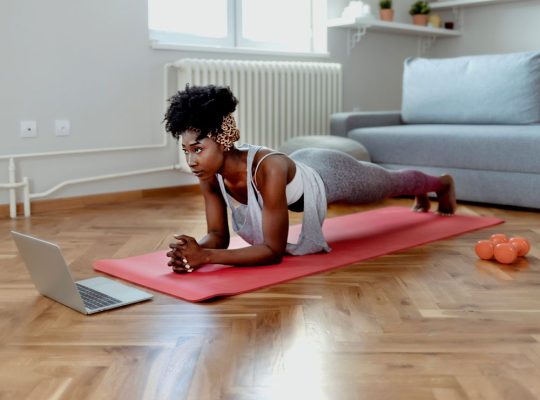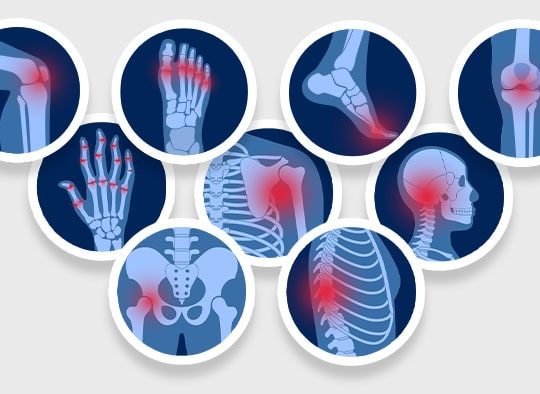When I wake up in the morning, one of the first decisions I make is what to wear. It may seem trivial, but this seemingly simple task has a profound impact on my mood for the rest of the day. I believe that clothing is more than just a way to cover our bodies; it is a powerful tool that can influence our emotions and behavior.

As a psychology enthusiast, I have always been fascinated by the connection between our inner thoughts and outer appearance. Over the years, I have come to realize that the psychology of fashion goes far beyond just looking good. It is an intricate dance between our sense of self, societal norms, and the emotions we wish to convey to the world.
One of the most interesting aspects of fashion psychology is how different colors can evoke specific emotions. For example, when I wear a vibrant red dress, I feel confident and bold. Red is associated with power and passion, and it has the ability to boost my energy levels and make me feel empowered. On the other hand, when I wear a soft blue sweater, I feel calm and peaceful. Blue is often associated with tranquility, and it helps me relax and unwind.
The psychology of fashion also extends to the style and fit of our clothes. For instance, when I wear a well-tailored suit, I instantly feel more professional and put together. The clean lines and structured fit give me a sense of authority and competence. On the other hand, when I wear a loose and flowy dress, I feel more carefree and feminine. The ease of movement and gentle swaying of the fabric make me feel light and playful.
In addition to colors and styles, the textures of our clothes can also impact our mood. When I wear a soft cashmere sweater, I feel cozy and comforted. The warmth and softness of the fabric provide a sense of security and well-being. On the contrary, when I wear a crisp cotton blouse, I feel clean and fresh. The coolness and breathability of the fabric make me feel energized and ready to take on the day.
But it’s not just about how our clothes make us feel; it’s also about how they make us behave. The phenomenon known as “enclothed cognition” suggests that the clothes we wear can influence our cognitive processes. When I dress in professional attire, I find myself adopting a more focused and task-oriented mindset. The simple act of putting on a blazer and dress pants signals to my brain that it’s time to be productive and efficient. Similarly, when I dress in comfortable and casual clothes, I feel more relaxed and inclined to engage in leisure activities.
It is important to note that the psychology of fashion is a deeply personal and individual experience. What works for one person may not work for another. We are all unique individuals with our own fashion preferences, and it is crucial to embrace and celebrate our own personal style. Whether you prefer bold and vibrant colors or understated and neutral tones, it is essential to wear what makes you feel confident and authentic.
In a society that often places emphasis on external appearances, it is empowering to recognize that our choice of clothing can have a direct impact on our mood and behavior. By understanding the psychology of fashion, we can use our clothes as a tool to enhance our well-being and improve our daily lives. So the next time you open your closet, remember that what you choose to wear is not just a reflection of your style, but a reflection of how you want to feel. Dress with intention and embrace the power of fashion to uplift your spirits and unleash your true self.











